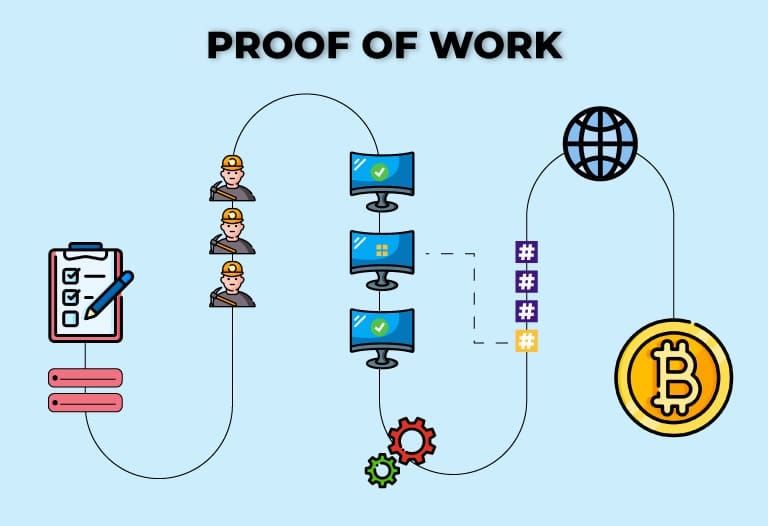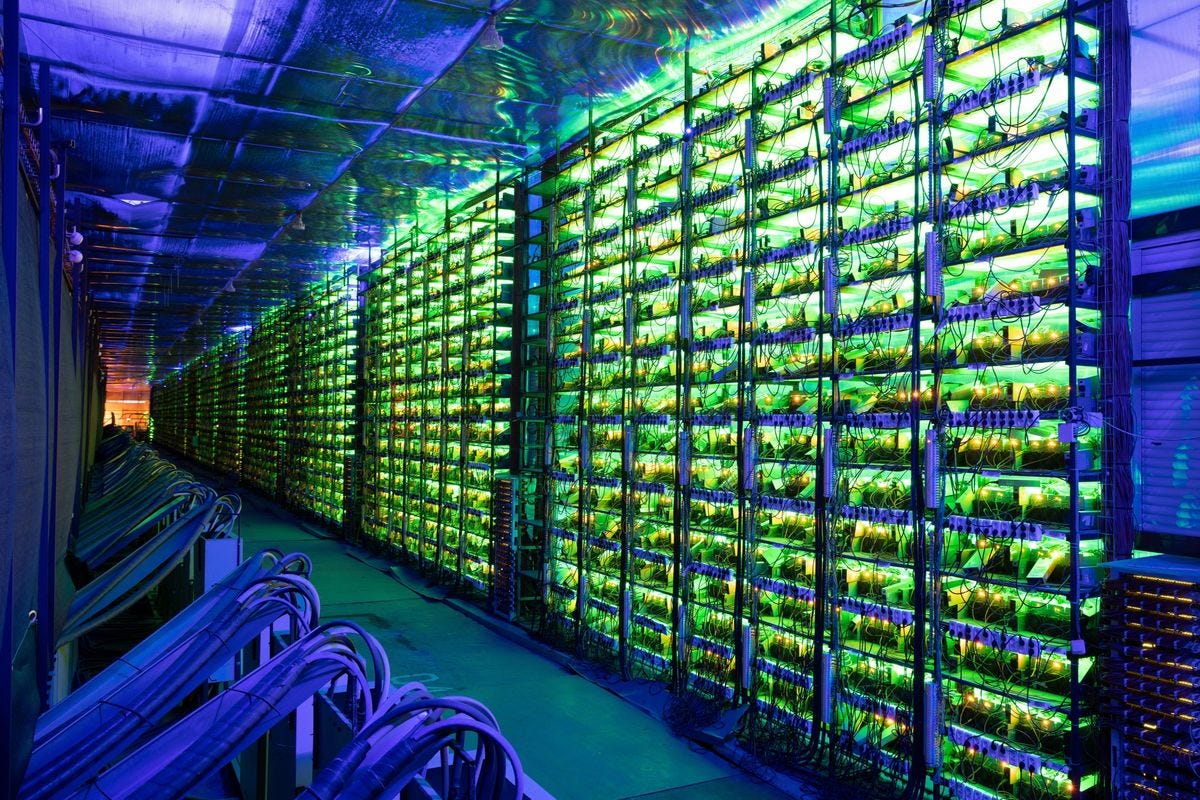Eliminating Sanitary Sewer Overflows in New England, United States
There are numerous reasons for water contamination and sanitary sewer overflows (SSOs) are one of them. Sanitary sewer overflows are releases of untreated sewage into the environment. They occur when there is an overflow, spill, or release of raw sewage from a sanitary sewer collection system before it reaches a sewage treatment plant. Such releases contaminate the nation's waters, degrade water quality, and expose humans to viruses and other pathogens that can cause serious illnesses.
Sanitary sewer overflows occur due to root, grease, and debris blockages, structural, mechanical, and electrical failures, and extraneous flows that enter separate sanitary sewer systems due to inadequate maintenance. An aging sewer infrastructure also increases the occurrence of the SSOs. Sewer systems in some communities in New England are over 100 years old. As SSOs are a serious problem to public health and the environment, it is an enforcement priority nationwide to identify and eliminate raw sewage discharges. These enforcement actions have resulted in the elimination of millions of gallons of raw sewage discharges and the assessment of significant penalties.
The untreated sewage from overflows can contaminate the waters, causing serious water quality problems and therefore must be controlled. Communities across the United States are working to find cost-effective, long-term approaches to managing their aging wastewater infrastructure and preventing the problems that lead to sanitary sewer overflows.









